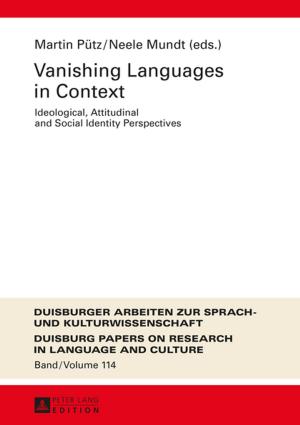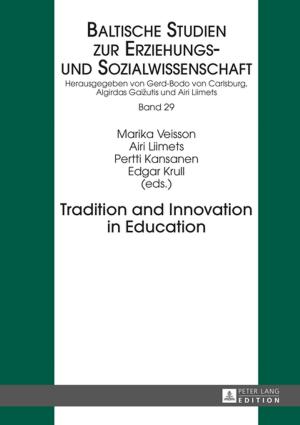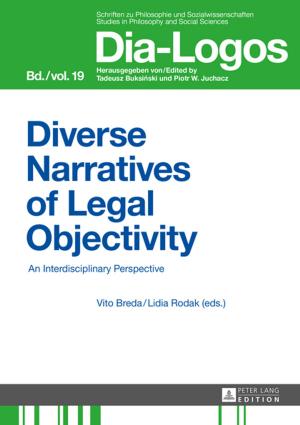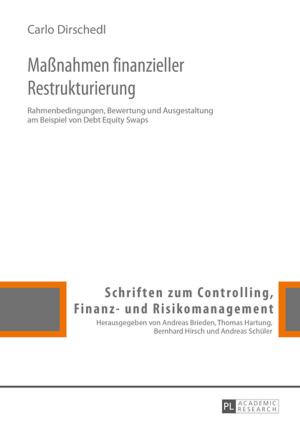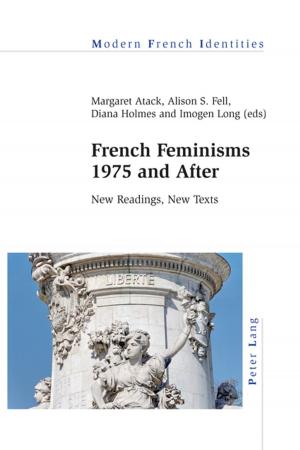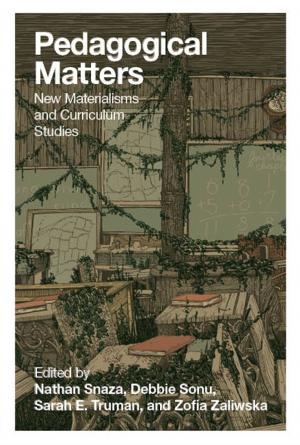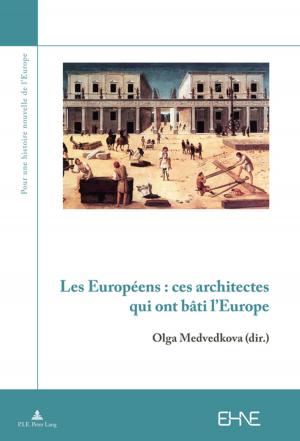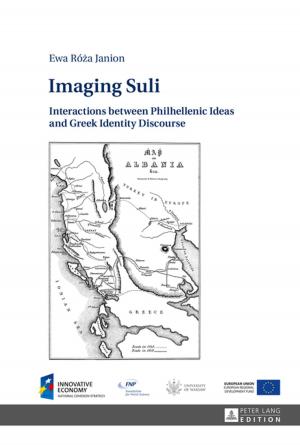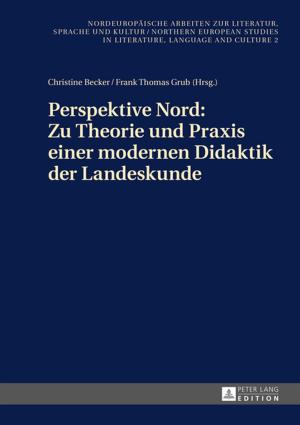Ecological Pedagogy, Buddhist Pedagogy, Hermeneutic Pedagogy
Experiments in a Curriculum for Miracles
Nonfiction, Reference & Language, Education & Teaching, Educational Theory, Philosophy & Social Aspects, Science & Nature, Science, Religion & Spirituality, Philosophy| Author: | David W. Jardine, Jackie Seidel | ISBN: | 9781454198925 |
| Publisher: | Peter Lang | Publication: | September 1, 2013 |
| Imprint: | Peter Lang Inc., International Academic Publishers | Language: | English |
| Author: | David W. Jardine, Jackie Seidel |
| ISBN: | 9781454198925 |
| Publisher: | Peter Lang |
| Publication: | September 1, 2013 |
| Imprint: | Peter Lang Inc., International Academic Publishers |
| Language: | English |
This book explores three interrelated roots of scholarly work that have a supportive and elaborative affinity to authentic and engaging classroom inquiry: ecological consciousness, Buddhist epistemologies, philosophies and practices, and interpretive inquiry or «hermeneutics». Although these three roots originate outside of and extend far beyond most educational literature, understanding them can be of immense practical importance to the conduct of rich, rigorous, practicable, sustainable, and adventurous classroom work for students and teachers alike.
The authors collectively bring to these reflections decades of classroom experience in grades K–12 and the experience of supervising hundreds of student teachers in such settings as well as working regularly with schools and classroom teachers in their day-to-day work. The authors demonstrate, through several classroom examples, how ecology, Buddhism, and hermeneutics provide ways to re-invigorate the often-moribund discourse of education and bring a sense of beauty and rigorous joy to classroom life for teachers and students alike.
This book explores three interrelated roots of scholarly work that have a supportive and elaborative affinity to authentic and engaging classroom inquiry: ecological consciousness, Buddhist epistemologies, philosophies and practices, and interpretive inquiry or «hermeneutics». Although these three roots originate outside of and extend far beyond most educational literature, understanding them can be of immense practical importance to the conduct of rich, rigorous, practicable, sustainable, and adventurous classroom work for students and teachers alike.
The authors collectively bring to these reflections decades of classroom experience in grades K–12 and the experience of supervising hundreds of student teachers in such settings as well as working regularly with schools and classroom teachers in their day-to-day work. The authors demonstrate, through several classroom examples, how ecology, Buddhism, and hermeneutics provide ways to re-invigorate the often-moribund discourse of education and bring a sense of beauty and rigorous joy to classroom life for teachers and students alike.


